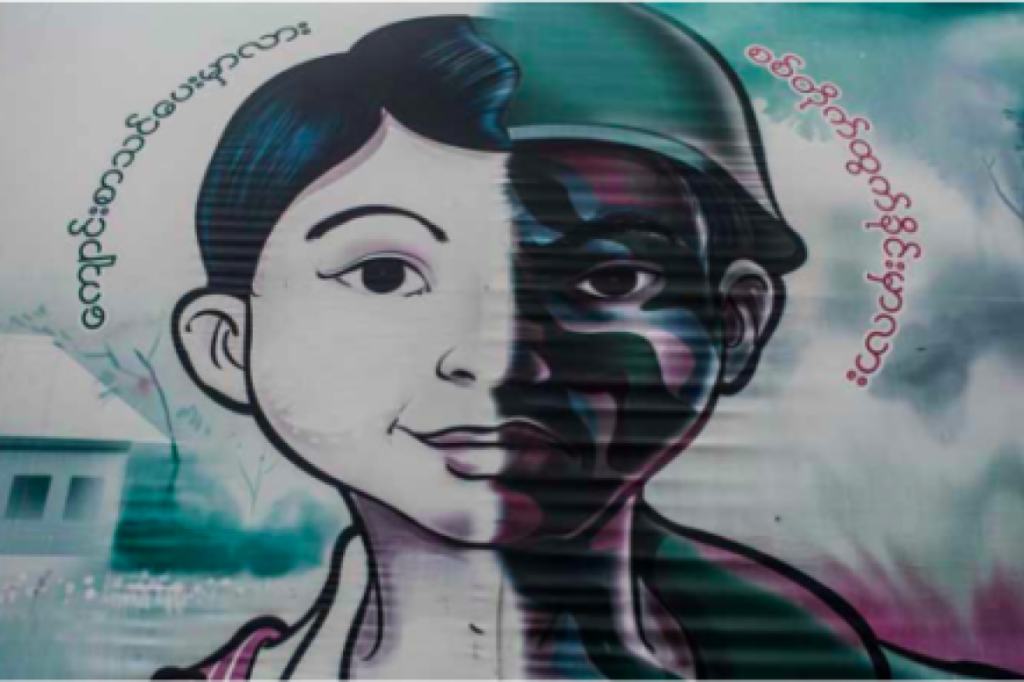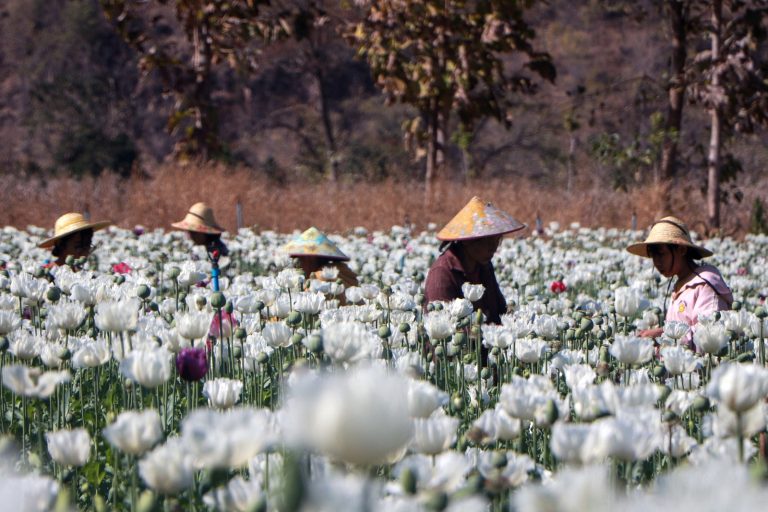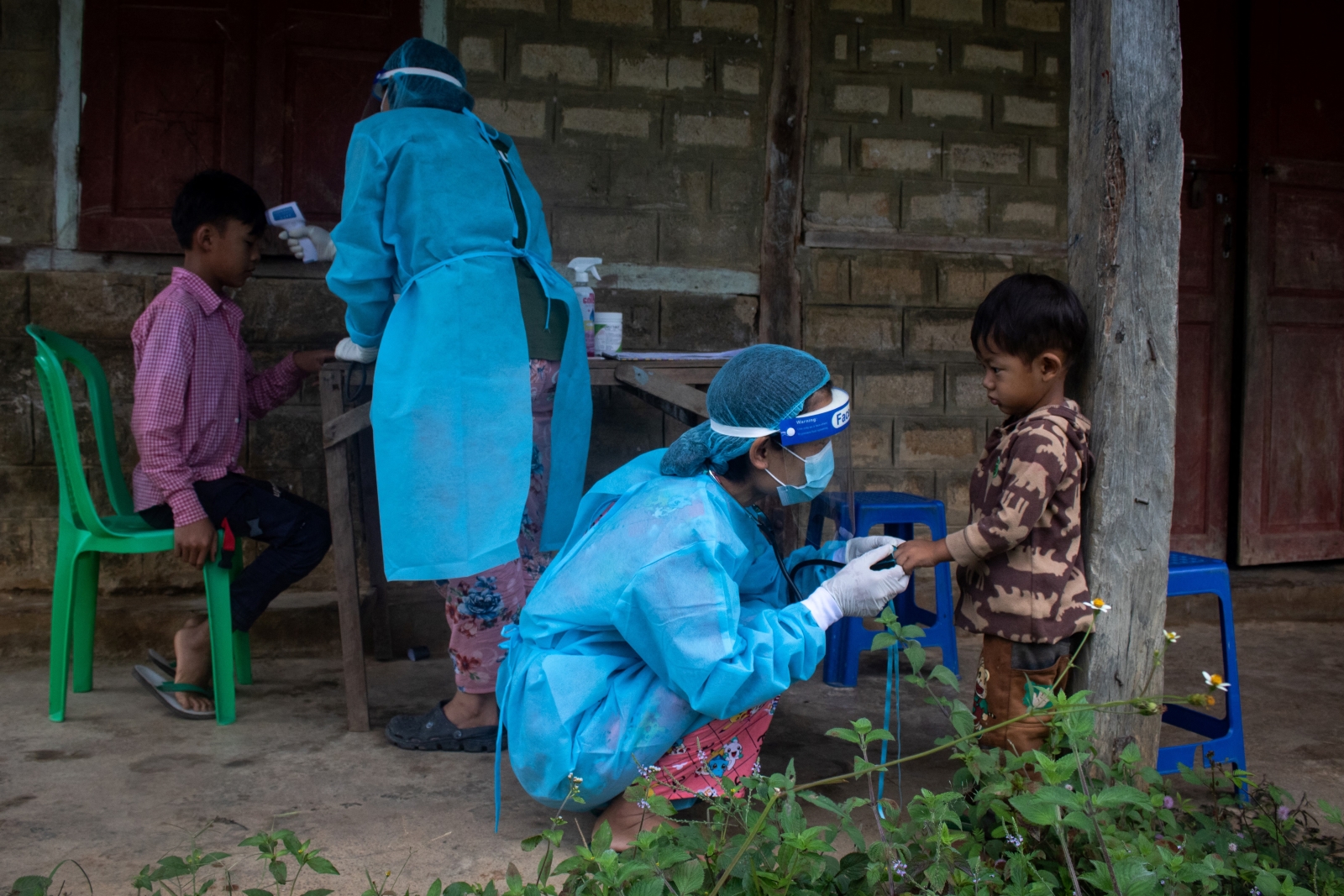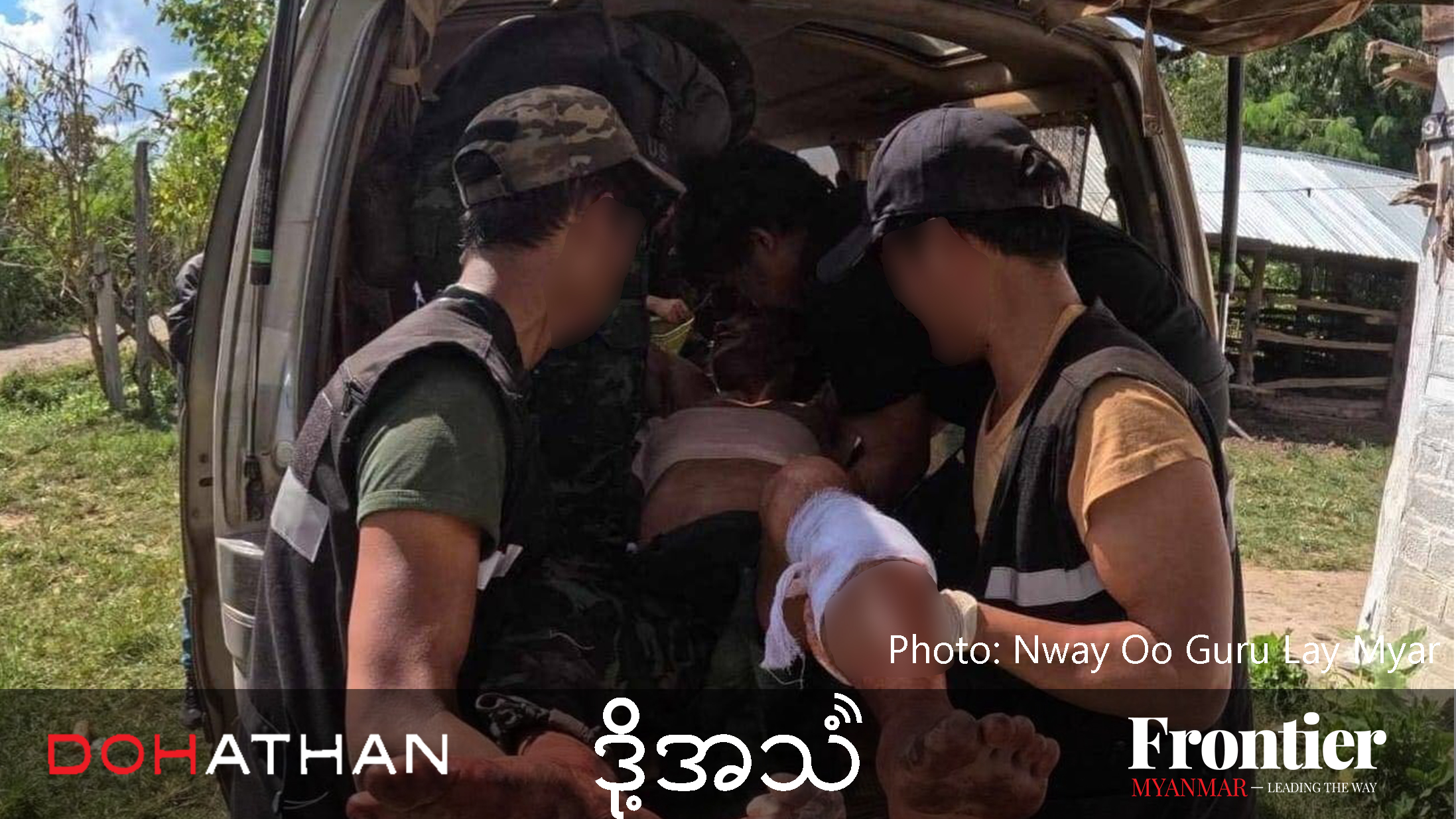By OLIVER SLOW | FRONTIER
YANGON — Myanmar officials must do more to fulfil their promises to end the recruitment and use of child soldiers, a top UN official said on Tuesday.
In 2012, Myanmar’s military and government signed a Joint Action Plan to end the recruitment and use of children in the army, and since then hundreds of child soldiers have been released. As well as the Tatmadaw, seven other armed groups in Myanmar are listed as recruiting and using children, including the Kachin Independence Army, the Karen National Liberation Army and the United Wa State Army.
In a press conference at the end of a three-day visit to Myanmar, Ms Virginia Gamba, the Special Representative of the Secretary-General for Children and Armed Conflict, told reporters that Myanmar must be more efficient when providing information on the issue surrounding child soldiers in the country.
“When we ask about the situation of children, it’s too slow. Sometimes it takes years, and there is a backlog on the information we ask for. We cannot wait months and months for verification,” she said.
Support more independent journalism like this. Sign up to be a Frontier member.
During her visit, Gamba met with senior government officials including State Counsellor Daw Aung San Suu Kyi, Deputy Commander in Chief of Defence Services Vice Senior General Soe Win and the Minister of Defence Lieutenant General Sein Win.
In a statement, the UN said the objective of the trip was to discuss full implementation of the Joint Action Plan, to end and prevent the recruitment and use of child soldiers, to discuss the importance of access to conflict-affected areas, including Rakhine, Shan and Kachin states, to advocate for the adoption of a revised draft child rights law, and to stress the importance of making child protection a key ceasefire and peace-building priority.
“The sum of my experience is positive. I believe that engagement and traction has been achieved,” she said. “Ultimately, I know we talked the talk, but it is now time to walk the walk.”
Gamba also said she had spoken with the Attorney General U Tun Tun Oo about cases of former child soldiers being arrested after speaking with the media about their experience in the Tatmadaw.
In March, Ko Aung Ko Htwe, a former child soldier, was sentenced to two years’ imprisonment for speaking with the media about his experience in the Tatmadaw. He was found guilty of contravening section 505(b) of the Penal Code, a vaguely worded clause related to incitement.
Gamba said Myanmar could show it is serious about ending child recruitment by completing the action plan by the end of the year and establishing a monitoring committee to ensure that the plan is adhered to.
Mr David Baulk, Myanmar Human Rights Specialist with Fortify Rights, said Myanmar’s military has “absolutely failed” to protect children in areas of armed conflict.
“If the military is earnest about ending recruitment of child soldiers throughout Myanmar and protecting the human rights of children, they could start by bringing all armed groups to the table and listening to their demands. As long as that’s not happening, fighting will continue and all parties to the conflicts in Myanmar will continue to recruit whoever they can to fight,” he said.







